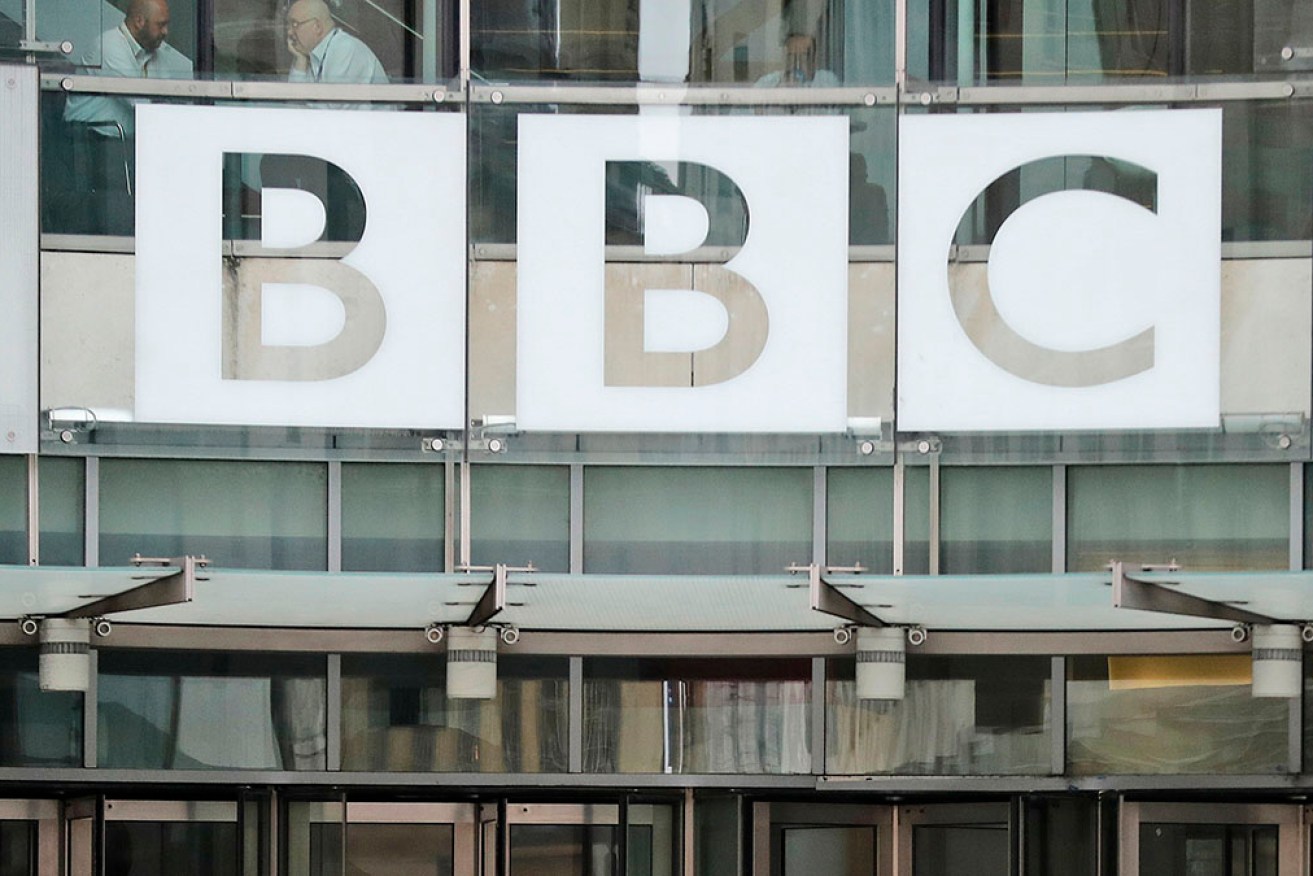India officials search BBC offices weeks after Narendra Modi documentary

The BBC has been rocked by Richard Sharp's resignation. Photo: AP
Officials from India’s income tax department has begun conducting searches at the BBC’s offices in the capital, New Delhi.
It comes weeks after the British broadcaster released a controversial documentary that examined prime minister Narendra Modi’s role during 2002 anti-Muslim riots.
Teams from the tax department surveyed the BBC’s Delhi and Mumbai offices on Tuesday, the Press Trust of India news agency reported, quoting officials who were not identified.
India banned the two-part documentary India: The Modi Question last month and authorities scrambled to halt screenings of the program and restrict clips of it on social media in a move that critics and political opponents decried as an assault on press freedom.
Indian tax authorities declined to comment.
“The income tax authorities are currently at the BBC offices in New Delhi and Mumbai and we are fully co-operating,” a BBC spokesperson said.
“We hope to have this situation resolved as soon as possible.”
Last month, the BBC broadcast the documentary in the UK examining the riots in the western state of Gujarat, where Mr Modi was chief minister at the time.
More than 1000 people were killed.
Mr Modi has denied allegations that authorities under his watch allowed and even encouraged the bloodshed, and the Supreme Court said it found no evidence to prosecute him.
The second portion of the two-part documentary “examines the track record of Narendra Modi’s government following his re-election in 2019”, according to the film’s description on the BBC website.
The Indian government banned the documentary and authorities scrambled to halt screenings and restrict clips of it on social media in a move that critics and political opponents decried as an assault on press freedom.
The government invoked emergency powers under its information technology laws to block the program.
Twitter and YouTube complied with government requests and removed many links to the documentary.
India’s foreign ministry at the time called the documentary a “propaganda piece designed to push a particularly discredited narrative” that lacked objectivity.
Many politicians from Mr Modi’s Bharatiya Janata Party criticised the program as an attack on India’s sovereignty.
The BBC said the documentary was “rigorously researched” and involved a wide range of voices and opinions.
“We offered the Indian government a right to reply to the matters raised in the series – it declined to respond,” it said.
The search of the BBC’s offices was “undemocratic” and “reeks of desperation and shows that the Modi government is scared of criticism”, tweeted KC Venugopal, general secretary of the opposition Congress party.
In recent years, India’s Muslim minority has been at the receiving end of violence from Hindu nationalists emboldened by a prime minister who has said little about such attacks since he was first elected in 2014.
Human Rights Watch said earlier that the banning of the documentary reflected a broader crackdown on minorities under the Modi government, which the rights group said has frequently invoked draconian laws to muzzle criticism.
-AP








